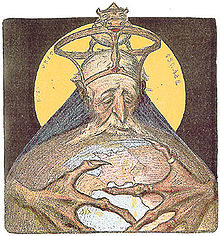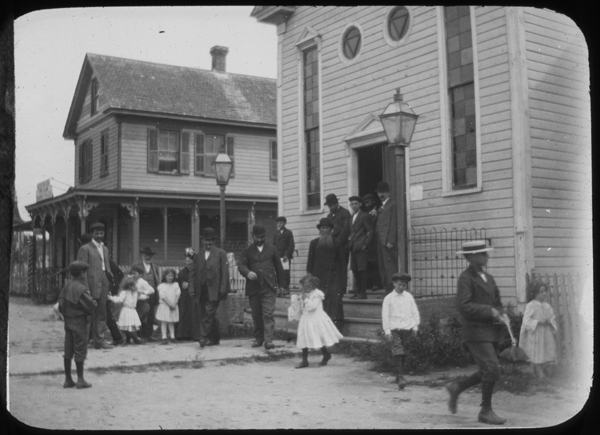
The 19th century Haskalah Movement (Jewish Enlightenment) came in various forms and each form had differing goals, but the general common denominator was to attempt to free Eastern European Jewry from what it viewed as the shackles of an ancient tradition that had somehow outlived its time, and to infuse it with a new vitality that would make it acceptable to their non-Jewish neighbors — or at least, acceptable to the Russian government.
One of the great fallacies of Haskalah, which we see plainly in 20-20 hindsight, is that it was based on a misunderstanding of anti-Semitism.
In the 19th century there were two types of anti-Semitism. The first was the old religious anti-Semitism, which to a certain extent was on the decline. This was the anti-Semitism of the Middle Ages, of Jews being branded as Christ-killers and accused of needing Christian blood for ritual purposes. Even though these still existed in the 1800s, in the Enlightenment era — when the general populace’s belief in Christianity waned — the anti-Semitism of religion was muted.
However, a far more virulent form took its place: the anti-Semitism of race. Lord Rothschild’s pithy statement summarized it: “It is not my peculiar religion they object to; it is my peculiar nose.” The anti-Semitism of race cannot be dealt with, because if you are Jewish there is nothing you can do to make yourself not Jewish. Even if you convert you are still Jewish in racially-based anti-Semitism. That came to its fully logical crescendo in Hitler’s Nuremburg Laws where even somebody who was one-sixteenth Jewish was considered Jewish — even if for three generations he and his family had been good, practicing Lutheran Germans.
However, anti-Semitism in Russia in the 1800s was ostensibly based upon religious anti-Semitism. That is why Haskalah thought that by adjusting the religion, by showing that the Jews were not really the ogres that the Russian Orthodox Church portrayed them as, somehow they would be able to become more acceptable to Russian society; the pressure of the decrees would diminish, and the Jews would be able to function.
Looking back with hindsight we see the fallacy of this thinking. We see that in Russia it was not just religious anti-Semitism, but a hefty dose of racial anti-Semitism as well. Even decades later after Russia became the Soviet Union, Jews would be persecuted as Jews despite the fact that there was almost no Jewish religion! While the Soviet government subscribed officially to religious tolerance, a classless society and no bigotry, it was one of the worst times of persecution in Jewish history. Racial anti-Semitism in Soviet Russia had not diminished since the days of the Czars.
Therefore, the entire premise of the Haskalah was false. Of course, we say that with the clarity of hindsight. At the time that it was happening, however, many of the maskilim were sure that they were bringing salvation of the Jewish people — without realizing that they were bringing destruction.











